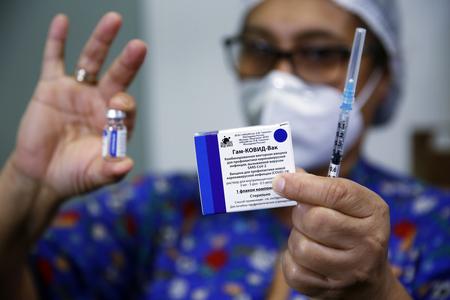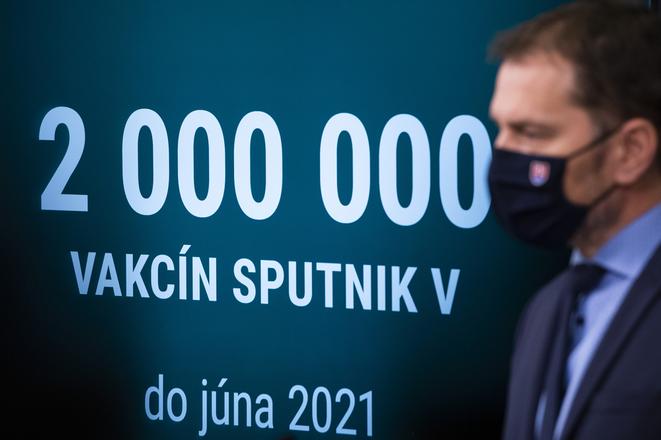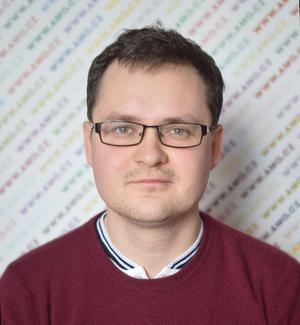Slovakia and the Czech Republic, two countries that descended from one common state, have been struggling with similar problems since the second wave of the pandemic hit in the autumn of 2020. Currently, the political scenes in both of the two central-European countries are experiencing quakes due to efforts to introduce the uncertified Russian vaccine to their vaccination rollouts.
The Slovak Spectator put questions that surround these efforts to Pavel Havlíček, a research fellow at the Prague-based Association for International Affairs (AMO) think tank, who focuses on Ukraine, Russia, and the Eastern Partnership in his research.
The Slovak Spectator (TSS): When the Russian vaccine was first brought to Slovakia in early March, a move that ignited the coalition crisis later leading to the fall of the government of Igor Matovič, the Slovak Foreign Minister Ivan Korčok branded it the “tool of hybrid warfare”. Would you subscribe to that assessment?
Pavel Havlíček (PH): I would. If you look at how the Russian authorities instrumentalise the Sputnik V vaccine, including spreading chaos and mistrust in institutions, dividing European society, the EU countries and driving a wedge between EU member states and EU institutions, I think the tool of hybrid warfare is quite a precise label for what it actually is.
TSS: Why are Slovakia and the Czech Republic now finding themselves the focus of these efforts?
PH: In the Czech case, the explanation is simpler and more straightforward. The epidemic situation is bad and we have a parliamentary election coming up in October. So, what PM Andrej Babiš needs to do if he wants to stay in power is to vaccinate as many voters as possible.

The situation is much more confusing in Slovakia. The personal position and political style of Igor Matovič needs to be considered here. He was the one, together with the then health minister Marek Krajčí, who approached Russia and negotiated and brought the Sputnik V vaccine to Slovakia secretly. I think it is more about personal ambition, a certain Messiah complex, but also usurping more power and overplaying the other political actors.
TSS: In the past two days, Slovakia has been dealing with a very non-transparent and hard-to-read situation: Igor Matovič, who is now finance minister, went to Russia, but the partners there said they want the vaccine back due to contract violation, but the Slovak public has not seen the contract. It almost appears like the non-transparency of the process is intentional to make the whole process hard to understand.



 PM Igor Matovič talked about the purchase of 2 million Sputnik V vaccines in mid-February. (source: TASR)
PM Igor Matovič talked about the purchase of 2 million Sputnik V vaccines in mid-February. (source: TASR)
 Pavel Havlíček (source: Courtesy by AMO)
Pavel Havlíček (source: Courtesy by AMO)